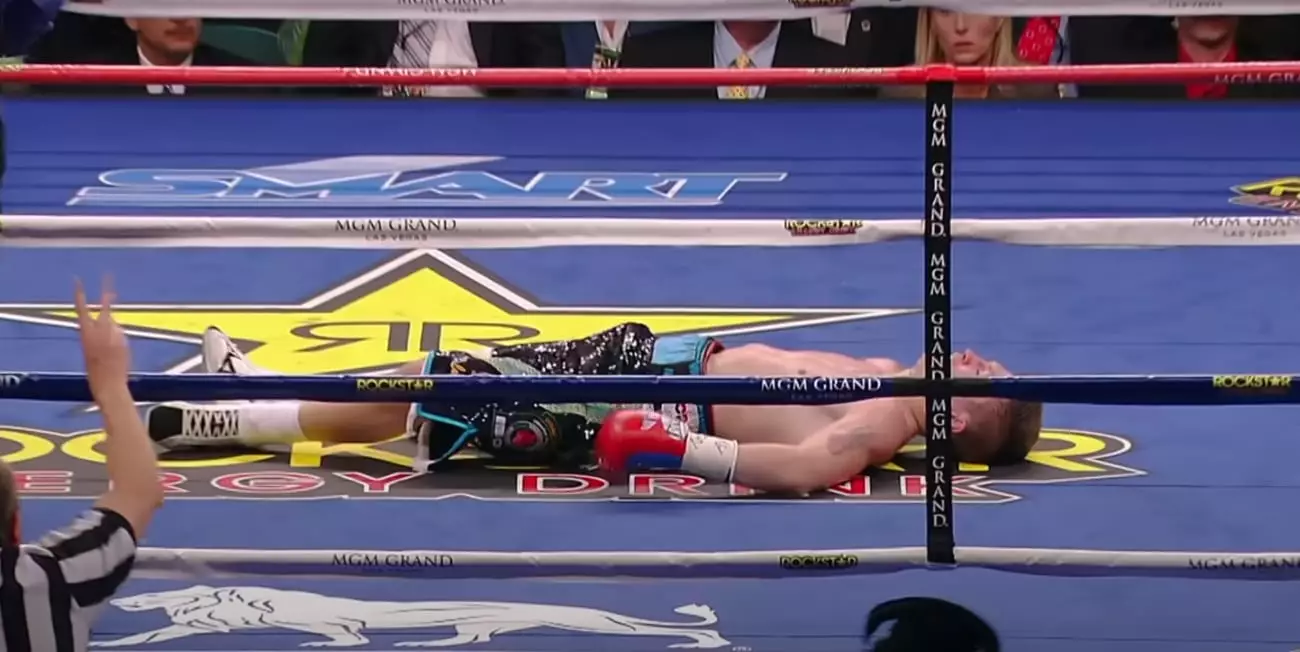Ricky Hatton, the beloved British boxing icon, has recently shared his thoughts on the upcoming return to the ring for Manny Pacquiao, who is set to face WBC welterweight champion Mario Barrios. Hatton, who faced Pacquiao himself in 2009, didn’t hold back in assessing Pacquiao’s chances against the younger Barrios. His honesty laid bare the brutal reality of the sport, where age and experience rarely triumph over the fierce momentum of youth. Hatton’s candidness not only speaks to his respect for the sport but also foreshadows the potential risks that come with returning for a fighter like Pacquiao, especially at 46 years old.
Confronting the Shadows of Defeat
But the conversation took a more profound turn when Hatton began reflecting on his own experiences after that fateful bout with Pacquiao. The stark honesty in Hatton’s recount of his post-fight struggles is both gripping and deeply relatable. He expressed the turmoil he faced after the devastating loss, which escalated into a battle with personal demons that threatened to consume him. Hatton’s candid revelation about near-suicidal thoughts and the deterioration of personal relationships after his knockout not only humanizes him but also reveals the often-overlooked mental health challenges athletes endure.
When Hatton declared, “I didn’t care if I lived or died,” it strums a painful chord that resonates well beyond the boxing ring. His transparency about mental health struggles can serve as a beacon of hope for others who may feel isolated in their battles. The fact that he suffered in silence, believing he needed to face his challenges alone, is a stark reminder of the stigma surrounding mental health, especially in sports, where vulnerability is often mistakenly viewed as weakness.
A New Mission: Championing Mental Health
Emerging from the abyss, Hatton has become an ambassador for mental health, leveraging his experiences to lend support to others facing similar struggles. His transition from being a champion in the ring to becoming a champion of mental health advocacy is nothing short of inspiring. Hatton’s journey mirrors that of fellow athletes like Tyson Fury, who have chosen to speak out and break the silence on mental health issues entrenched within the sports community.
With the weight of his struggles behind him, Hatton has demonstrated that it’s possible to find light after the darkest of times. His story is not just about a boxer who fell and found his way back but rather about a man confronting his vulnerabilities with grace and bravery. He showcases an important lesson: true strength lies not in perfection, but in resilience and the willingness to fight for one’s mental health just as fiercely as one would defend a title in the ring.
In the grand narrative of sports, tales like Hatton’s are essential, not simply as accounts of triumph and defeat, but as critical reflections on the human condition and the profound significance of mental well-being. The message is clear: regardless of how formidable the opponent, the battle within can often be the most formidable one of all.


Leave a Reply